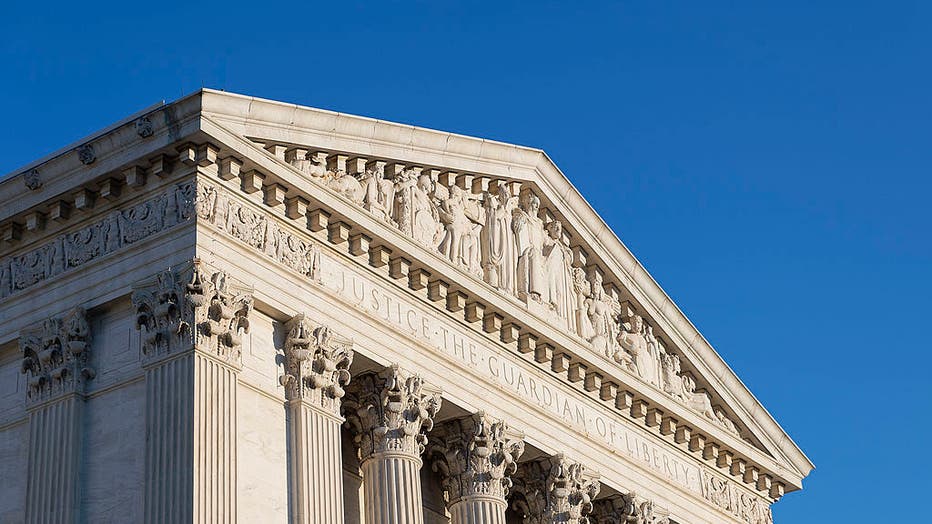Supreme Court sides with Alaska Natives in COVID-19 relief money case
WASHINGTON - The Supreme Court ruled Friday that hundreds of millions of dollars in coronavirus relief money tied up in court should benefit Alaska Natives rather than be spread more broadly among Native American tribes around the U.S.
The justices ruled 6-3 in the case, which involved the massive pandemic relief package passed last year and signed into law by then-President Donald Trump. The $2.2 trillion legislation earmarked $8 billion for "Tribal governments" to cover expenses related to the pandemic.
The question for the court was whether Alaska Native corporations, which are for-profit companies that provide benefits and social services to more than 100,000 Alaska Natives, count as "Indian tribes." The high court answered yes.
"The Court today affirms what the Federal Government has maintained for almost half a century: ANCs are Indian tribes," wrote Justice Sonia Sotomayor for a group of both liberal and conservative members of the court.

The eastern facade of the U.S. Supreme Court building is pictured in a file image dated June 1, 2013. (Photo by John Greim/LightRocket via Getty Images)
The case is important not only because of the amount of money it involves but also because Native Americans and Alaska Natives have been disproportionately affected by the pandemic. Both the Trump and Biden administrations agreed that the corporations should be treated as Indian tribes and that doing differently would be a dramatic departure from the status quo.
The federal government had set aside more than $530 million for Alaska Native corporations under the Coronavirus Aid, Relief, and Economic Security Act.
But after the CARES Act was passed, three groups of Native American tribes sued to prevent payments to Alaska Native corporations. They argued that under the language of the law, only federally recognized tribes qualify for the aid and Alaska Native corporations do not because they are not sovereign governments, as tribes are.
Part of the issue for the court was that Alaska is unique. Unlike in the lower 48 states, Alaska Native tribes aren’t situated on reservations. Instead, Native land is owned by Alaska Native corporations created under a 1971 law. The for-profit corporations run oil, gas, mining and other enterprises. Alaska Natives own shares in the corporations, which provide a range of services from healthcare and elder care to educational support and housing assistance.


